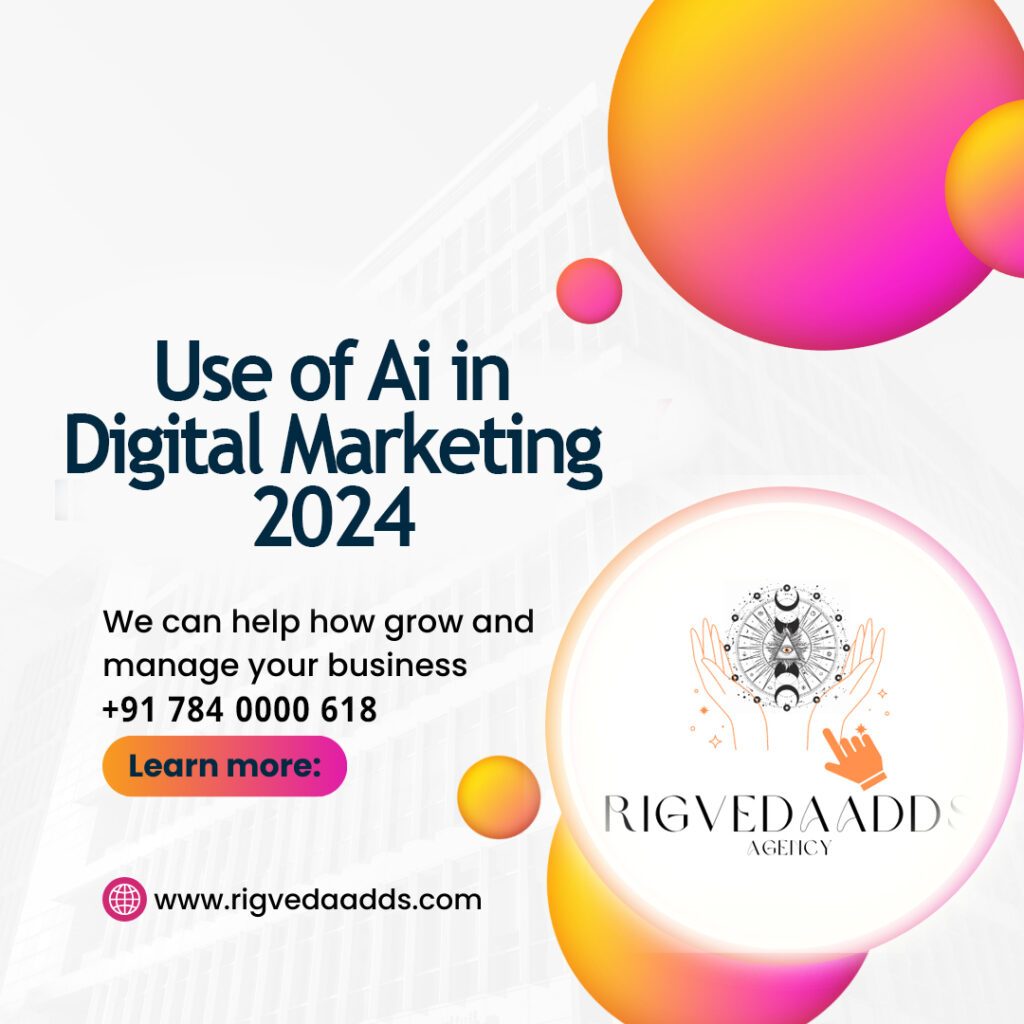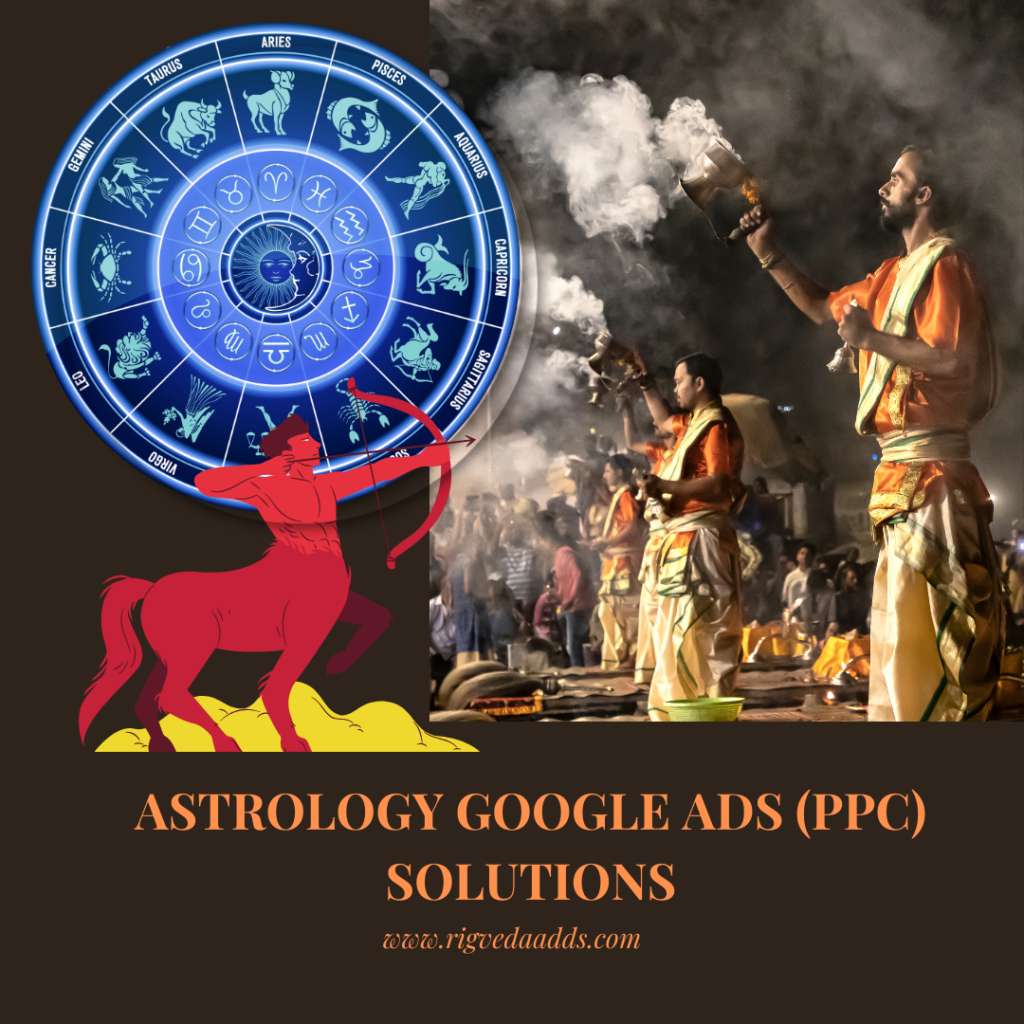Sure! Here’s a comprehensive guide titled “How to Use AI for Earning in Digital Marketing (June 2024)” with the shuffled and enhanced content from above:

The digital marketing landscape is rapidly evolving, and artificial intelligence (AI) is at the forefront of this transformation. Leveraging AI can significantly enhance your marketing strategies and operations, providing new avenues for earning revenue. Here’s your ultimate guide on how to use AI to boost your digital marketing efforts and drive earnings, from beginner basics to advanced strategies.
Why Use AI in Digital Marketing?
1. Enhanced Customer Insights
AI helps analyze customer data to understand behavior, preferences, and trends, allowing for more targeted marketing strategies.
2. Automation of Repetitive Tasks
AI automates routine tasks such as email marketing, social media posting, and customer service, freeing up time for strategic planning.
3. Personalization at Scale
AI enables personalized marketing efforts on a large scale, enhancing customer experience and engagement.
4. Improved ROI
AI tools optimize marketing campaigns in real-time, improving return on investment (ROI) through more efficient budget allocation.
Getting Started: Beginner’s Guide
Step 1: Use AI for Content Creation and Optimization
Tools:
- ChatGPT (by OpenAI)
- Grammarly
How to Use:
- Content Generation: Use ChatGPT to create blog posts, social media updates, and email newsletters. Input prompts related to your topics, and the AI will provide you with well-structured content.
- SEO Optimization: Grammarly ensures your content is polished and professional, while ChatGPT can help incorporate SEO-friendly keywords and phrases.
Step 2: Implement AI in Social Media Management
Tools:
- Buffer (free plan)
- Hootsuite (free plan)
- Canva
How to Use:
- Scheduling Posts: Use Buffer or Hootsuite to schedule your social media posts in advance, ensuring consistent engagement without needing to be online constantly.
- Content Creation: Canva’s free version offers templates for creating visually appealing social media graphics, banners, and ads.
Step 3: Enhance Email Marketing with AI
Tools:
- Mailchimp (free plan)
- Sender
How to Use:
- Automated Campaigns: Create automated email campaigns, segment your audience, and send personalized content based on user behavior.
- A/B Testing: Optimize your subject lines and email content for higher open rates and conversions through A/B testing.
Intermediate Strategies
Step 4: Leverage AI for Analytics and Insights
Tools:
- Google Analytics
- Google Search Console
How to Use:
- Website Performance: Track your website’s performance, user behavior, and traffic sources using Google Analytics.
- SEO Monitoring: Use Google Search Console to monitor your website’s search performance, identify issues, and understand which queries bring traffic to your site.
Step 5: Integrate AI-Powered Chatbots and Customer Service
Tools:
- ManyChat (free plan)
- Tidio (free plan)
How to Use:
- Automated Responses: Set up chatbots on your website or social media platforms to handle common customer inquiries, freeing up your time and improving customer satisfaction.
- Lead Generation: Use chatbots to capture leads by engaging with visitors and collecting their contact information.
Step 6: Use AI for Video Content Creation
Tools:
- Lumen5
- Animoto (free plan)
How to Use:
- Video Creation: Convert blog posts and articles into engaging videos using Lumen5. This tool leverages AI to match your content with relevant visuals and music.
- Social Media Videos: Use Animoto to create short, impactful videos for social media marketing.
Advanced Strategies: Taking AI Utilization to the Next Level
Step 7: Optimize for SEO with AI
Tools:
- Ubersuggest
- AnswerThePublic
How to Use:
- Keyword Research: Use Ubersuggest to find profitable keywords for your SEO and PPC campaigns.
- Content Ideas: AnswerThePublic helps you understand what questions people are asking about your niche, providing valuable insights for content creation.
Step 8: Implement AI for Market Research
Tools:
- Google Trends
- Social Mention
How to Use:
- Trend Analysis: Use Google Trends to analyze the popularity of search queries over time and identify trending topics in your industry.
- Social Listening: Social Mention helps you track mentions of your brand or related keywords across social media and other platforms.
Step 9: Enhance Ad Campaigns with AI
Tools:
- Facebook Ads Manager (free tool, but ads are paid)
- Google Ads Keyword Planner
How to Use:
- Ad Creation and Management: Use Facebook Ads Manager to create, manage, and analyze your ad campaigns on Facebook and Instagram.
- Keyword Planning: Google Ads Keyword Planner helps you find the right keywords to target in your paid search campaigns, ensuring you reach the right audience.
Step 10: Enhance Security and Data Management with AI
Tools:
- SSL For Free
- UpdraftPlus
- Wordfence
- Sucuri
How to Use:
- SSL Certificate: Ensure your site uses HTTPS by getting a free SSL certificate from SSL For Free.
- Regular Backups: Use plugins like UpdraftPlus for regular backups.
- Security Plugins: Use Wordfence or Sucuri for added security on WordPress sites.
- Strong Passwords: Implement strong, unique passwords and enable two-factor authentication.
Step 11: Leverage Advanced AI Features
Tools:
- ManyChat
- Tidio
- Typeform
- Segment
How to Use:
- AI Chatbots: Implement chatbots to provide 24/7 customer support.
- Voice Search Optimization: Optimize your site for voice search queries to stay ahead in the market. Learn more about voice search with Moz’s Voice Search Guide.
- Interactive Content: Use quizzes, surveys, and interactive infographics to engage users. Typeform can help.
- Personalization: Use data to personalize user experiences and recommendations with tools like Segment.
Trends to Watch in 2024
1. Voice Search Optimization
With the rise of smart speakers and voice assistants, optimize your content for voice search to stay ahead.
2. AI and Chatbots
Implement AI-powered chatbots to enhance customer service and engagement on your website.
3. Interactive Content
Incorporate interactive elements like quizzes, surveys, and interactive infographics to boost user engagement.
4. Sustainability Focus
Highlight your commitment to sustainability and eco-friendly practices, as more consumers prefer brands that prioritize the environment.
Conclusion
Using AI for digital marketing in 2024 offers numerous benefits, from enhanced customer insights to automation and personalization. By integrating AI tools into your marketing strategy, you can optimize campaigns, improve customer engagement, and ultimately increase earnings. At Rigveda Adds, we are here to help you navigate the exciting world of digital marketing with AI. Ready to get started? Contact us today to learn how we can help you build a website that not only looks great but also delivers results.
Feel free to adjust and expand upon these sections to fit the specific needs and voice of your business.


